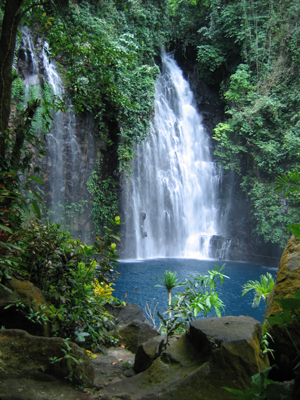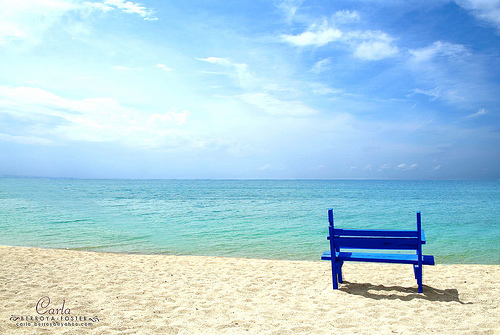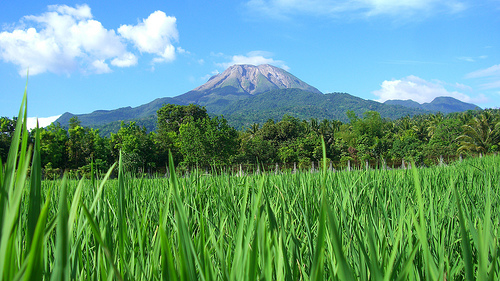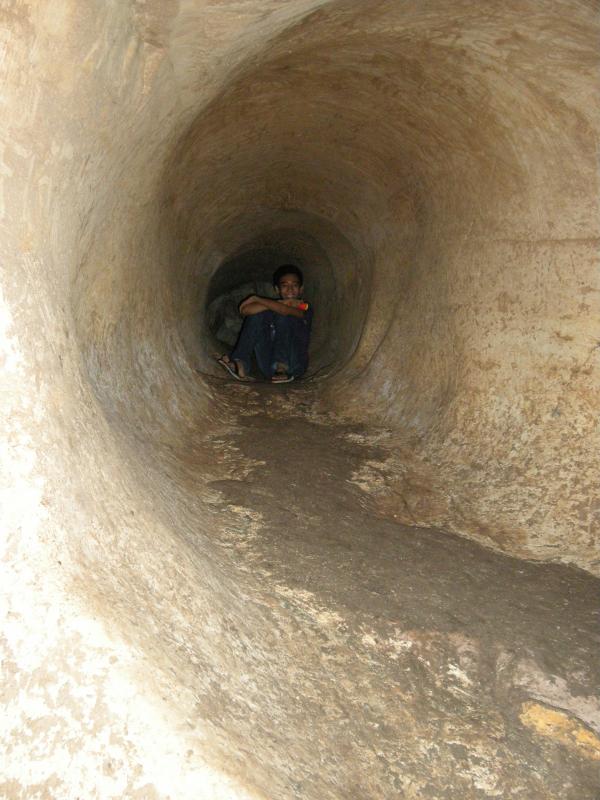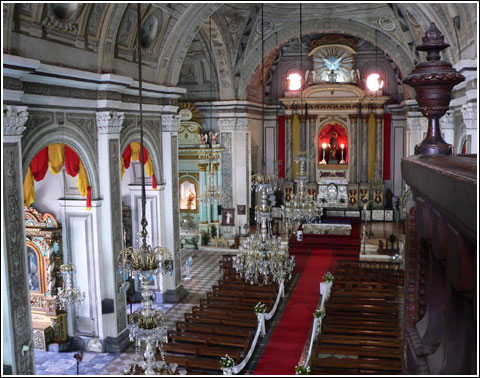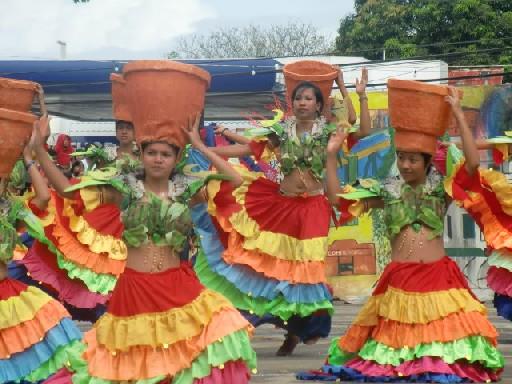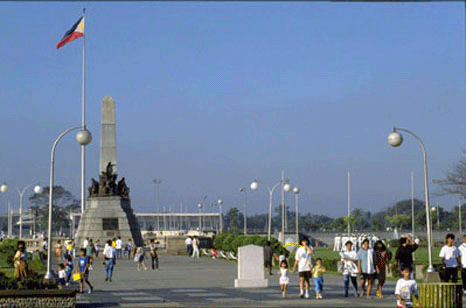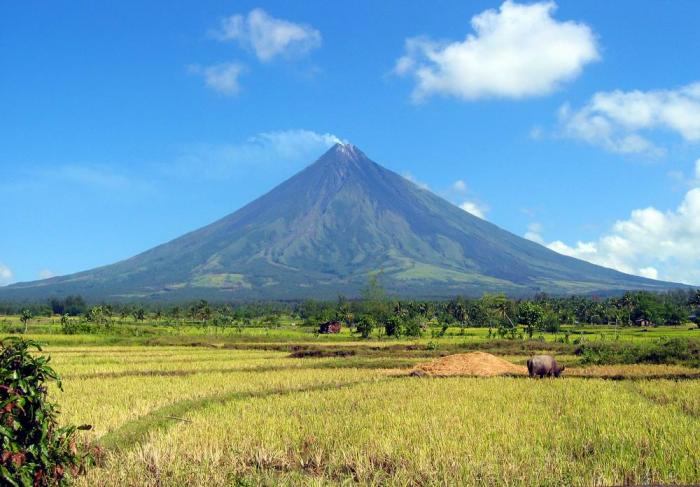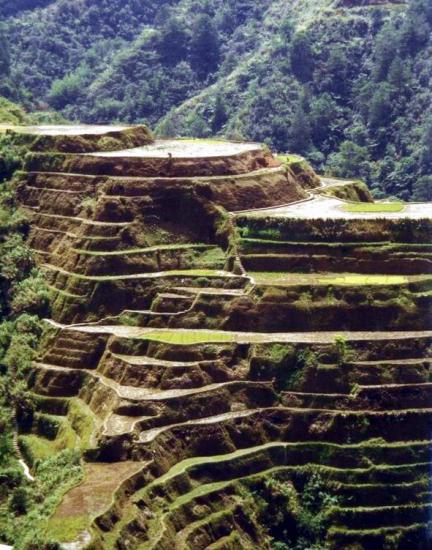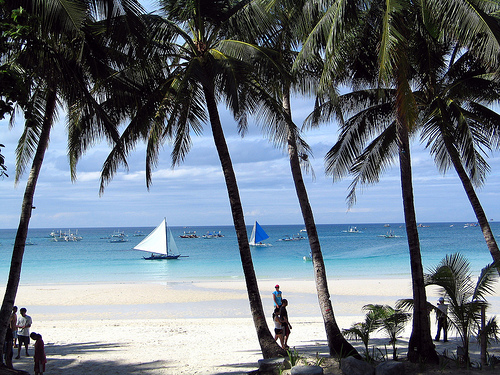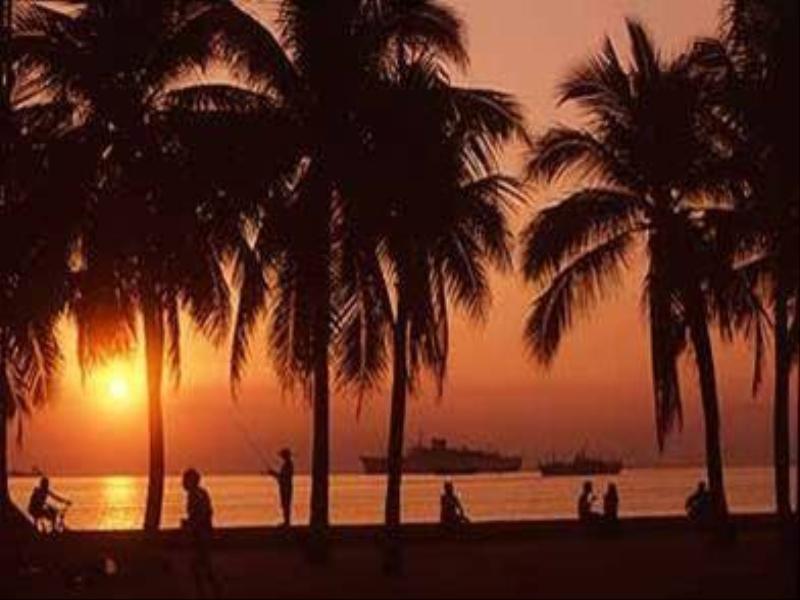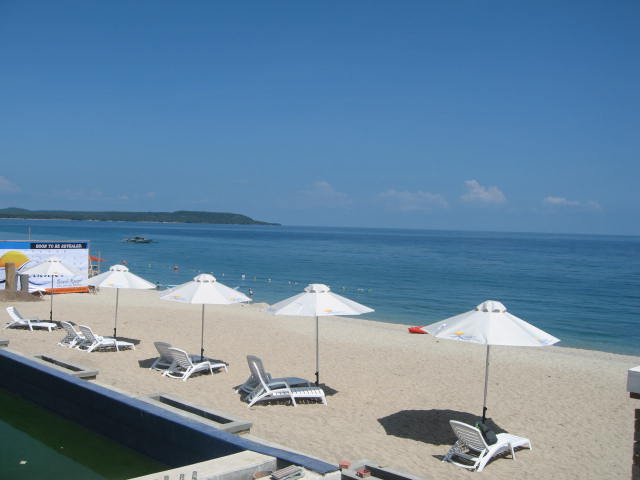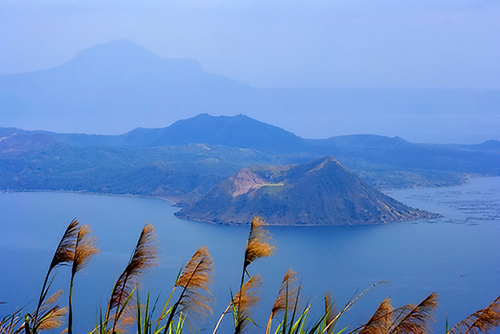Archive for the ‘Aklan’ Category
TOP TOURIST DESTINATIONS
Aklan River
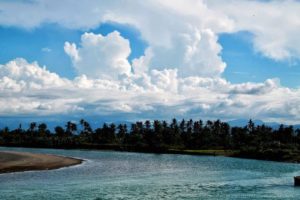 Photo from: https://www.flickr.com/photos/ernanbaldomero/14205236560
Photo from: https://www.flickr.com/photos/ernanbaldomero/14205236560
The Aklan River is the principal river of the province of Aklan – its head waters are in the highlands of central Panay island (in the town of Libacao) where white water rafting is being developed as a tourist destination. Toward its mouth in Kalibo, the river goes through seven towns … it is on its banks where these towns were settled. Once in while, when the river floods, ancient burial places are uncovered … porcelain plates and celadon jars are unearthed. This part of the Philippines according to myths and legends (and some historical base) was settled by Borneans in the 13th century and active trading with the Chinese and Vietnamese was in place before the Spanish came in the 16th century. Read More: https://www.trekearth.com/gallery/Asia/Philippines/Western_Visayas/Aklan/Kalibo/photo337984.htm
Museo It Akean
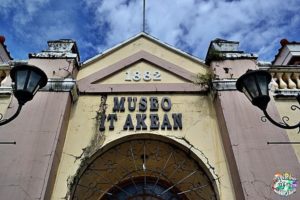 Photo from: http://rammmpa.blogspot.com/2012/04/aklan-museo-it-akean.html
Photo from: http://rammmpa.blogspot.com/2012/04/aklan-museo-it-akean.html
The Museum of Aklan is a credible story teller about Aklan and her people, their culture and historical heritage, their economic and social achievement. It becomes a challenge to her leaders and her people to dream and aspire for greatness as their forefathers did.
The original edifice was erected in 1882 by the Spanish authorities as a school house of the people of Kalibo and neighboring towns. It was popularly known as Escuelahan It Hari (School of the King). It has been used and utilized in varied manner such as trial sala, auditorium, garrison and warehouse. Read More: http://harrybalais.com/2013/08/museo-it-akean-the-richness-of-the-aklanon-heritage/
St. John Nepomucene Church
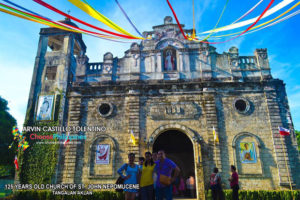 Photo from: http://www.choosephilippines.com/go/islands-and-beaches/1351/seven-falls-frozen-waves-waterrific-tangalan/
Photo from: http://www.choosephilippines.com/go/islands-and-beaches/1351/seven-falls-frozen-waves-waterrific-tangalan/
This century old church located at Brgy. Poblacion, Tangalan, Aklan was built through hard and forced labor. It was finished after 28 years of suffering and sacrifices from the people of Tangalan.
I tried searching for the history of this church but I can only find short listings. It said to be that the men, women and children were forced to carry limestone and stones from the Barangay of Afga to the town proper, on foot, through the system called Polo Y Servicio.
Polo y Servicio as I searched is a system of forced labor for 40 days for men ranging from 16 to 60 years of age. This however, is worst than that because they forced women and children too. The system was present in almost all of the Spanish colonial government, and one of them is the Philippines. Read More: http://www.lakwatserangligaw.com/2015/02/st-john-nepomucene-parish-church.html
Go To Part 1 – 2 – 3 – 4 – 5 – 6 – 7 – 8 – 9
TABLE OF CONTENTS
Aklan, Home of “Ati-Atihan Festival” and Boracay Beach
Where is Aklan and How to Get There
Top Tourist Destinations in Aklan
“Ati-Atihan” and other Colorful Festivals in Aklan
Boracay and other Awesome Beaches in Aklan
Other Visitors Also Viewed:
Visit Manila – the “Pearl of the Orient”
Special Events and Festivals in Bataan
Pinipisakan Falls is a Perfect Creation of God Part 2
Special Events and Festivals in Aurora
Colorful Festivals and Events in Bulacan
Visit the Awesome Cacupangan Cave System in Pangasinan
Marinduque Malbog Sulfur Spring

